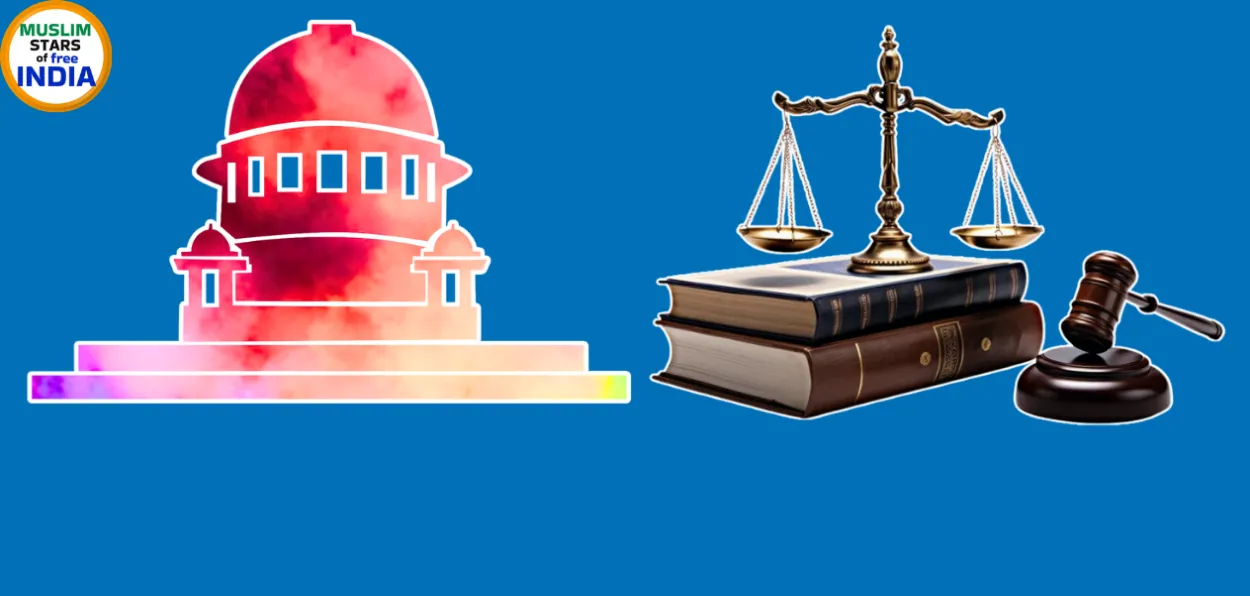
New Delhi
Muslims have enriched the Indian judiciary and legal profession in the post-independence era. Here is a list of 10 top Indian legal luminaries who played a key role in evolution of India as a country which runs on the rule of law and where people get justice:
M C Chagla
Mahommedali Currim Chagla was the first Indian Chief Justice of the Bombay High Court after Independence. He played a significant role in shaping modern India's legal and political landscape. Born in 1900 in Bombay, Chagla was educated at Oxford and called to the Bar at Lincoln's Inn. Besides his legal career, he was known for his clarity, integrity, and liberal outlook.
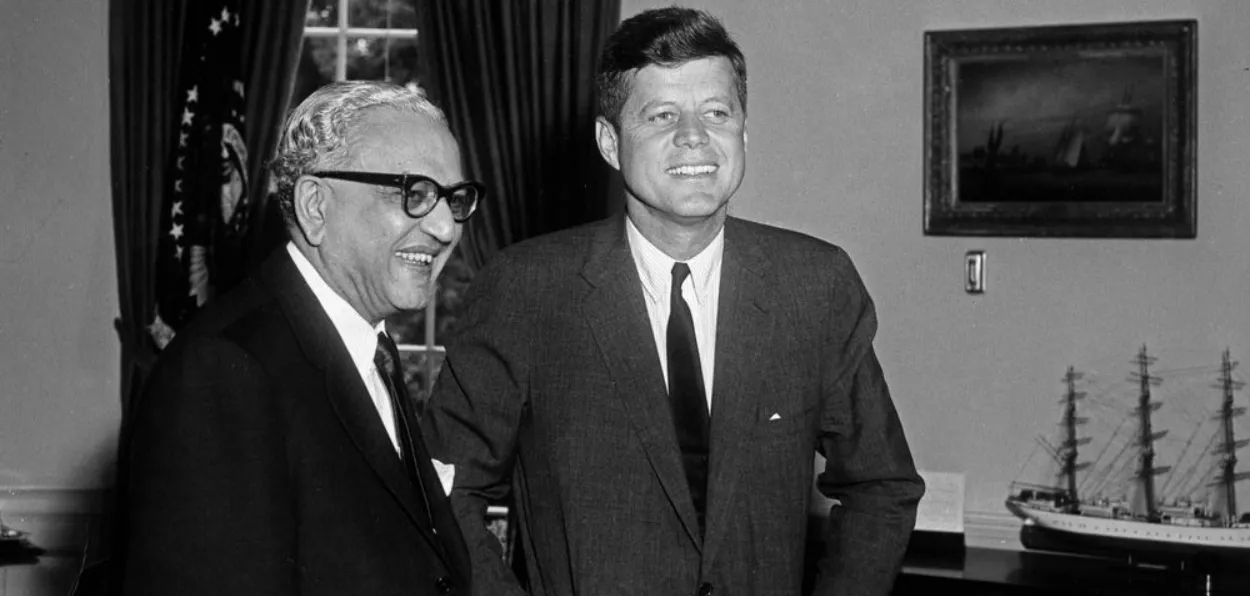
M C Chagla With the US President John F Kennedy
His judgments often reflected a deep concern for civil liberties and constitutional morality. Chagla also served as India’s Ambassador to the USA and High Commissioner to the United Kingdom, and later as Minister of Education and Minister of External Affairs in the Union Cabinet.
In all his roles, he remained a fierce advocate for democratic values and transparency. His autobiography, Roses in December, remains a candid and insightful reflection on his public life and principles. Chagla's legacy endures as that of a statesman who combined intellect with moral courage, earning respect across political and ideological divides.
A M Ahmadi
Chief Justice Aziz Mushabber Ahmadi is one of India’s most respected jurists. Born in Surat, Gujarat, into a Dawoodi Bohra family. His father served as a lower court judge. He began his legal practice in 1954 in the Ahmedabad courts. Interestingly, when he was appointed Civil Judge at the age of 32 years in March 1964, he was the only Muslim judge at that level.
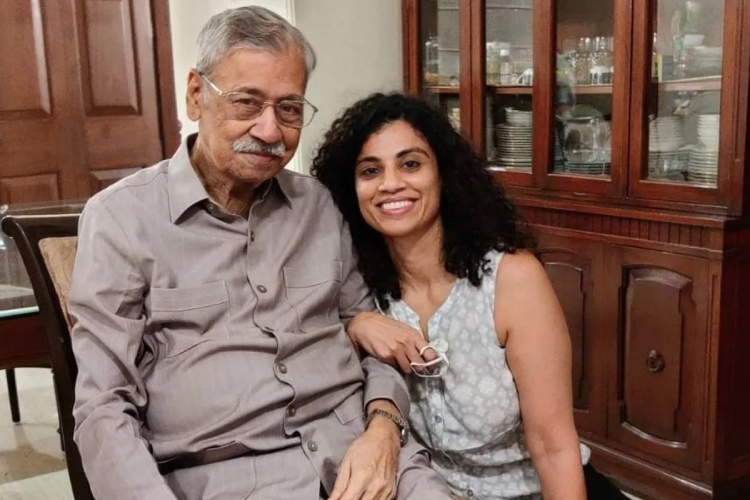 Justice A M Ahmadi with his grand-daughter
Justice A M Ahmadi with his grand-daughter
His appointment sparked protests. He was Elevated to the Supreme Court of India in December 1988 and Promoted to CJI on 25 October 1994.
He has authored over 232 judgments and sat on more than 800 benches during his tenure. His landmark judgments include S.R. Bommai v Union of India (1994). He was Part of the nine-judge bench that upheld OBC reservation but set a 50% ceiling and clarified the 'creamy layer' exclusion.
M. Fathima Beevi
Justice Fathima Beevi was appointed a judge of the Supreme Court of India, becoming the first woman judge of India’s apex court—and also the first female such judge in Asia on 6 October 1989. She hailed from Pathanamthitta, Kerala. In 1950, she made history by becoming the first woman to top the Bar Council exam, earning the gold medal, and started practising as an advocate in Kollam.
 Justice M Fatima Beevi
Justice M Fatima Beevi
She entered the Kerala Subordinate Judicial Services as a Munsiff in 1958, gradually rising through the ranks and was elevated as a Judge of the Kerala High Court in 1983, becoming the first Muslim woman in India’s higher judiciary. She famously described her appointment as “opening a closed door” for women in the judiciary. Later, she was also appointed Governor of Tamil Nadu.
M H Beg
Justice Mirza Hameedullah Beg served as the 15th Chief Justice of India from January 1977 to February 1978. Known for his scholarly approach and deep understanding of constitutional law, Justice Beg played a significant role during a turbulent period in Indian judicial history. Before becoming Chief Justice, he was a judge in the Allahabad High Court and later a judge in the Supreme Court of India.
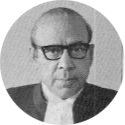
One of the most notable aspects of his career was his involvement in the ADM Jabalpur case (1976), where he controversially upheld the suspension of fundamental rights during the Emergency. After his retirement, he served as the Chairman of the Minorities Commission of India.
Mohammad Hidayatullah
Mohammad Hidayatullah was the 11th Chief Justice of India, serving from 1968 to 1970. Known for his sharp intellect and deep understanding of constitutional law, he played a key role in shaping Indian jurisprudence. Born in 1905 in Lucknow, Hidayatullah had an illustrious academic background and was a distinguished jurist even before joining the Supreme Court.
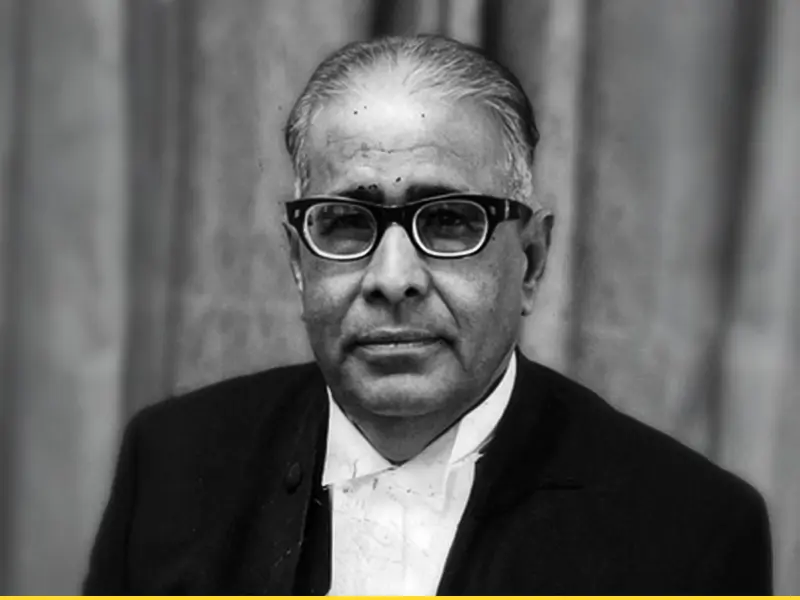 Justice M Hidaytullah
Justice M Hidaytullah
Apart from his judicial contributions, he also served as the Acting President of India in 1969 and later as the Vice President of India from 1979 to 1984. Hidayatullah was admired for his integrity, scholarship, and commitment to justice. His legacy continues to inspire generations of legal professionals in India.
Altamas Kabir
Justice Altamas Kabir served as the 39th Chief Justice of India. He hailed from a prominent Bengali Muslim family and pursued law at the University of Calcutta. Justice Kabir began his legal career in 1973 and was appointed as a judge of the Calcutta High Court in 1990. He later served as the Chief Justice of the Jharkhand High Court. In 2005, he was elevated to the Supreme Court of India and eventually became the Chief Justice in September 2012.
Justice Altmas Kabir
Justice Kabir was known for his compassionate approach and for delivering several landmark judgments, especially in the fields of human rights and social justice. He was particularly respected for his concern for the marginalized and for ensuring access to justice for all. Justice Altamas Kabir passed away on February 19, 2017. His life remains an inspiration in the Indian legal landscape
Baharul Islam
Justice Baharul Islam was a prominent Indian jurist and parliamentarian. Born in Assam in 1918, he began his career as a lawyer. He served as a member of the Rajya Sabha from the Congress and later became a judge of the Gauhati High Court.
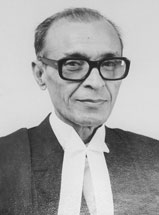
Justice Baharul Islam
In 1980, Justice Islam was elevated to the Supreme Court of India, becoming one of the few judges to have also served as a legislator before holding the country’s highest judicial office. His judgments were marked by clarity, fairness, and a concern for human rights. After retiring from the judiciary, he returned briefly to politics and was elected to the Rajya Sabha again.
Ahsanuddin Amanullah
Justice Ahsanuddin Amanullah is a judge of the Supreme Court of India, known for his integrity, legal acumen, and commitment to justice. Born in 1963, he hails from a family with a background in law and public service. He began his legal career in the Patna High Court, where he gained recognition for handling a wide range of constitutional and civil cases with fairness and depth.
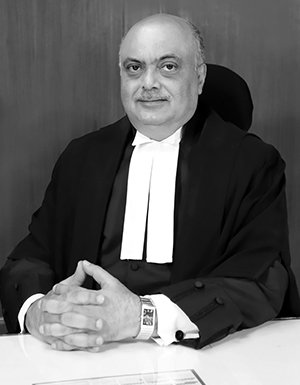
Justice Ahsanuddin Amanullah
He was elevated as a judge of the Patna High Court in 2011 and later served at the Andhra Pradesh High Court. In February 2023, he was appointed as a judge of the Supreme Court of India. Throughout his judicial career, Justice Amanullah has earned respect for his balanced judgments, progressive views, and efforts to ensure transparency and accountability in the legal system.
Faizan Mustafa
Faizan Mustafa is an academic and legal scholar. He is the former Vice-Chancellor of the National Academy of Legal Studies and Research (NALSAR) University of Law, Hyderabad, and the founding V.C. of the National Law University Odisha (NLUO). He sits on the board of directors of the technology incubator, the T-Hub. Most recently, he was the Vice-Chancellor at Chanayka National Law University, Patna.
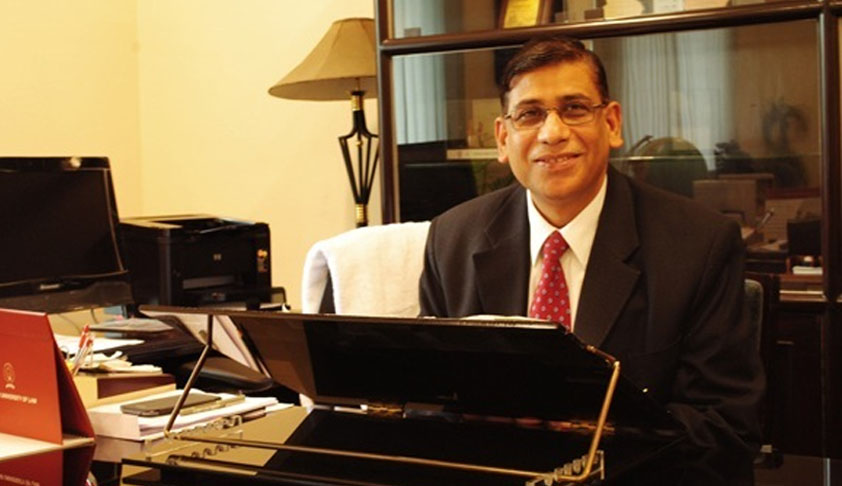 Faizan Mustafa
Faizan Mustafa
ALSO READ: 10 Muslim personalities who shaped Indian film industry
Sabihul Hasnain
Justice Sabihul Hasnain graduated in Law from Lucknow University in 1980. He enrolled as an advocate in 1984 and practiced mainly on the Civil Side/Constitutional & Service.
Sabihul Hasnain (Left)
He was appointed as an Additional Judge in May 2008. He became a permanent Judge on April 19, 2010, and retired as a Judge of the Allahabad High Court. After his retirement, he was appointed as the chairperson of the Delhi Electricity Regulatory Commission (DERC).
